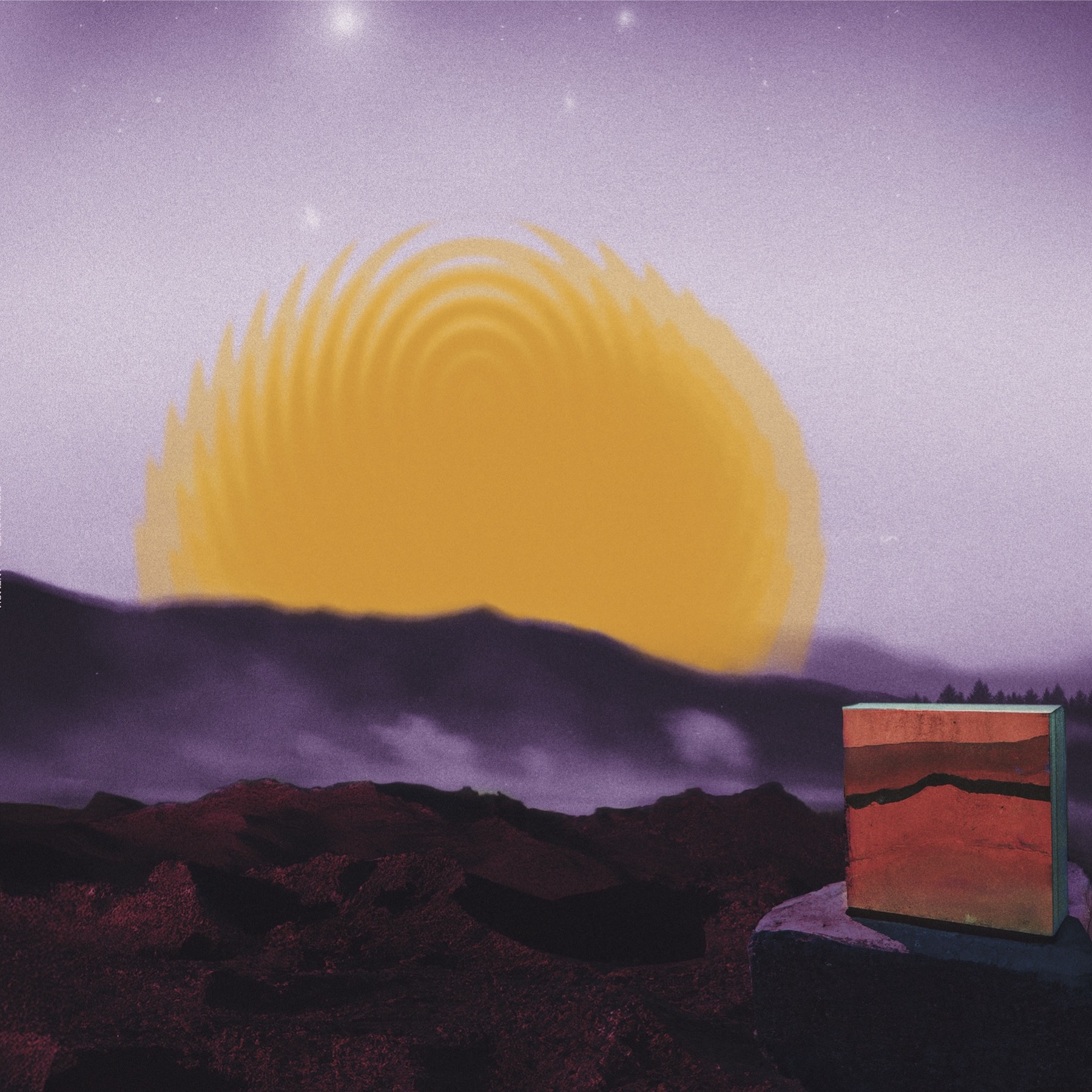


Anemoia
Dishwasher_
Release: 31/10/2025
Full Length
Listen to Anemoia
Buy Anemoia
After a strong debut, a quiet question always seems to hover over what comes next: do we build on what has already been set in motion, dismantle it, or pretend that first chapter was never written at all? At times that uncertainty was a weight, at others a guiding light. For the Ghent trio Dishwasher_ comprising saxophonist and keyboardist Werend Van Den Bossche (BE), bassist Louise van den Heuvel (NL) and drummer Arno Grootaers (BE), it consistently led back to a shared fascination: the many guises of electronics. Distortion, pedals, synths and effects, once a subtle colouring at the edges, now form the beating heart of Anemoia, their new record, released on 31 October via Dox Records.
Their self-titled debut of 2023 captured a surge of collective energy: recorded in a single breath, sustained by weekly jams and the quiet focus of the lockdown. Anemoia follows a different path. Where the debut thrived on spontaneity, these pieces first took shape in solitude, only later being dismantled, reshaped and rebuilt together in rehearsal. A process of exploration, and all the more satisfying when those fragments fused into one. The result is music in constant motion: jazz spilling into krautrock, new wave brushing against Irish folk, minimalist motifs stretching into expansive, modulating soundscapes.
That sonic palette, warm and analogue yet uncanny and otherworldly, sits on the boundary between memory and hallucination, mirroring the curious feeling hidden in the title itself. Borrowed from The Dictionary of Obscure Sorrows, Anemoia describes a nostalgia for a time never lived. At first it may sound distant, but it lingers in every generation: teenagers dressing like it is the 2000s, VHS aesthetics resurrected to relive the 1990s, thirty somethings yearning for the 1980s they only know from flickering television footage. Anemoia translates that into sound: warm analog synths, grainy pedal effects recalling worn in film and retro games, and melodies drifting in your mind like half formed memories. The record breathes a nostalgia that is both comforting and disorienting.
What makes Anemoia so striking is the way it does not smooth over contrasts but lets them gleam: nostalgia and futurism, acoustic breath and electronic pulse, playful improvisation and carefully layered production. Everything is allowed to coexist. It feels familiar, yet unsettles just enough to make you wonder.